
Many experts warn that this food may increase health dangers — stop eating it now!
Why Sausages May Increase Health Risks
Sausages are popular because they’re convenient, tasty, and affordable — but many health experts warn that eating them too often can have serious consequences. Sausages belong to a category of foods that the body doesn’t handle well when consumed frequently, especially over long periods.
Below is a closer look at why sausages may increase health dangers and what you can do to reduce those risks.
1. High in Processed Meats
Sausages are classified as processed meat, meaning they have been cured, smoked, or preserved in some way. A large body of research links processed meats to higher risks of:
-
Heart disease
-
Type 2 diabetes
-
Certain cancers, especially colorectal cancer
The World Health Organization (WHO) classifies processed meats as Group 1 carcinogens. This category is reserved for substances with strong, conclusive evidence that they can increase cancer risk — the same group that includes tobacco and asbestos, although the level of risk is different.
Why processed meats are problematic:
Preserving meat changes its chemical structure, creating compounds that may damage cells and alter DNA over time.
2. Contain Nitrates and Nitrites
Sodium nitrate and sodium nitrite are commonly added to sausages to preserve color, enhance flavor, and prevent bacterial growth.
However, when sausages are cooked at high temperatures, these additives can convert into nitrosamines, which are well-known carcinogens.
Health concerns associated with nitrosamines:
-
Increased cancer risk
-
Cellular damage
-
Oxidative stress
This is one of the primary reasons health professionals recommend limiting processed meat consumption.
3. Extremely High Sodium Levels
A single sausage can contain half of your recommended daily sodium intake — sometimes even more.
Too much sodium can lead to:
-
High blood pressure
-
Stroke
-
Heart disease
-
Fluid retention and kidney strain
Because most people already consume more salt than they realize, adding sausages regularly can easily push sodium intake into the danger zone.
4. High Saturated Fat Content
Most sausages are made from fattier cuts of meat mixed with added fat. Eating too much saturated fat over time can contribute to:
-
High LDL (“bad”) cholesterol
-
Weight gain
-
Inflammation
-
Increased risk of heart disease
Some varieties, like breakfast sausages, may contain up to 80% fat — making them a dense source of calories with minimal nutritional benefit.
5. Often Contains Additives and Lower-Quality Meat
Cheaper sausage brands may use a combination of:
-
Mechanically separated meat
-
Fillers
-
Binders
-
Artificial flavors
-
Preservatives
These ingredients help manufacturers reduce costs but may be harder for the body to process. They also tend to lower the overall nutritional value of the food.
6. Cooking Methods Can Create Harmful Compounds
Many people enjoy sausages grilled or pan-fried. Unfortunately, cooking meat at high temperatures can produce harmful substances such as:
-
HCAs (heterocyclic amines)
-
PAHs (polycyclic aromatic hydrocarbons)
Both are linked to increased cancer risk and are formed when meat fat drips onto a hot surface or open flame, creating smoke and charring.
Conclusion: Should You Avoid Sausages Completely?
You don’t need to eliminate sausages forever, but most experts recommend enjoying them only occasionally rather than making them a daily meal.
When choosing sausages, look for:
-
High-quality, nitrate-free brands
-
Low-sodium and lower-fat options
-
Leaner meats like chicken or turkey sausages
-
Healthier cooking methods, such as steaming or baking instead of frying
These simple adjustments can significantly reduce the potential health risks.
Is It Harmful for Children to Eat Sausages Too Often?
Yes. While sausages may be convenient for quick meals, giving them to children frequently can be harmful. A child’s developing body is more sensitive to the chemicals and additives found in processed meats.
1. Too Many Additives for a Developing Body
Sausages often contain:
-
Nitrates and nitrites
-
Artificial preservatives
-
Flavor enhancers
Children’s detoxification systems and organs are still developing, which means these chemicals can affect them more strongly than adults.
2. High Sodium Levels
Most sausages are extremely salty. For children, excessive sodium intake can lead to:
-
Higher risk of childhood and adult hypertension
-
Kidney strain
-
Imbalances in fluid regulation
Over time, these effects can contribute to heart problems later in life.
3. High in Saturated Fat
Frequent sausage consumption can promote:
-
Unhealthy weight gain
-
Elevated cholesterol
-
Early development of poor eating habits
A high-fat, high-salt diet in childhood can lay the foundation for metabolic issues later on.
4. Increased Long-Term Health Risks
Because sausages are processed meats, eating them regularly may increase a child’s lifetime risk of:
-
Certain cancers
-
Digestive issues
-
Chronic inflammation
These risks accumulate over many years — starting from early dietary habits.
5. Choking Hazard for Young Children
Sausages are one of the top choking hazards for toddlers because they are:
-
Round
-
Slippery
-
Dense
They must be cut into very small, thin pieces to reduce choking risk.
So, Can Children Eat Sausages?
Yes — occasionally, in moderation. But they should not be a daily or even weekly staple.
When serving sausages to children, try to choose:
-
Nitrate-free or preservative-free brands
-
Low-sodium varieties
-
Leaner meat options (e.g., chicken sausage)
-
Thinly sliced pieces for safety
Pair them with healthier foods like vegetables, whole grains, and fruits to create a more balanced meal.
News in the same category

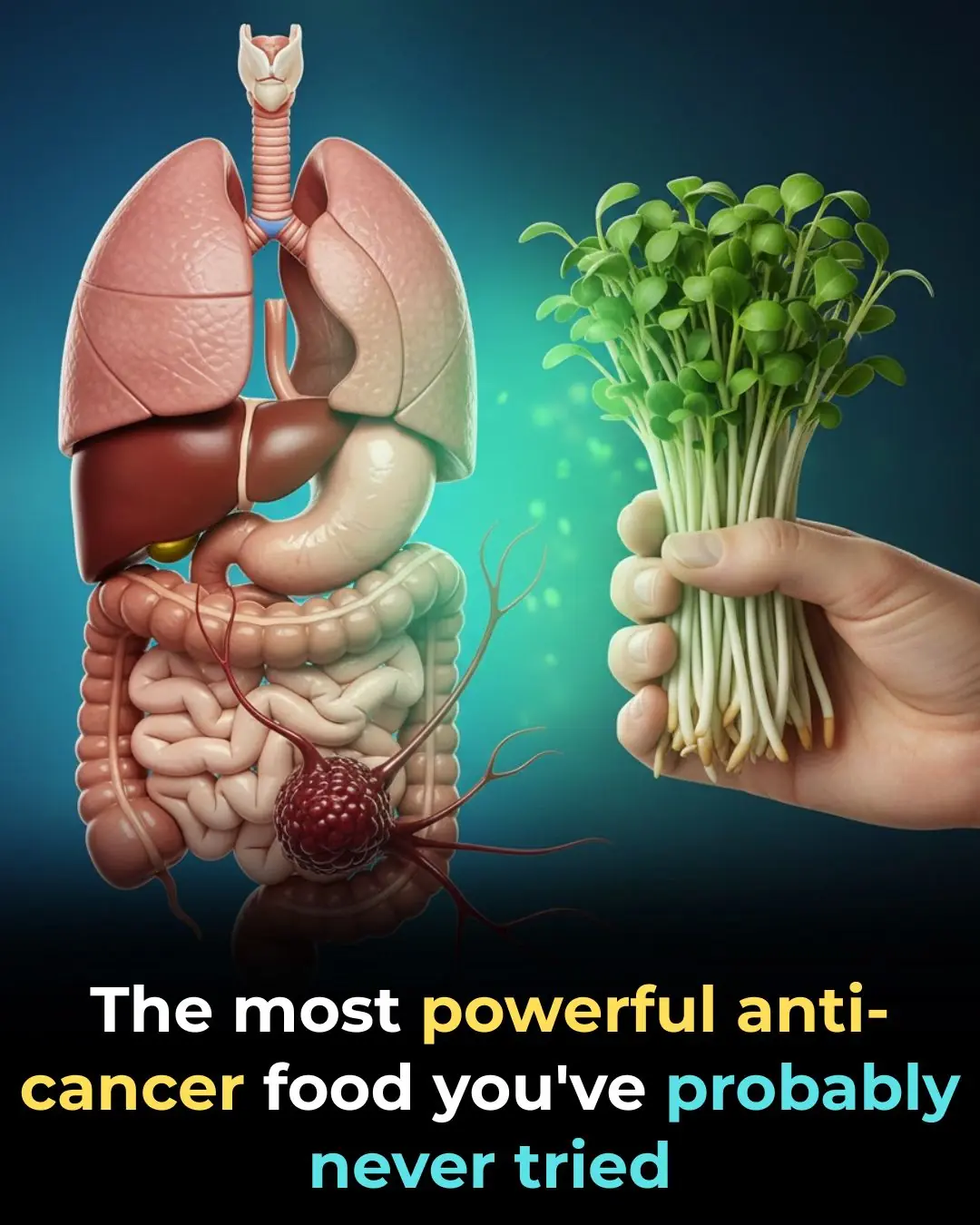
The most powerful anti-cancer food you’ve probably never tried

🩺 Be Aware: If You Notice This Skin Change, It Could Be Skin Cancer — Here’s What to Look For
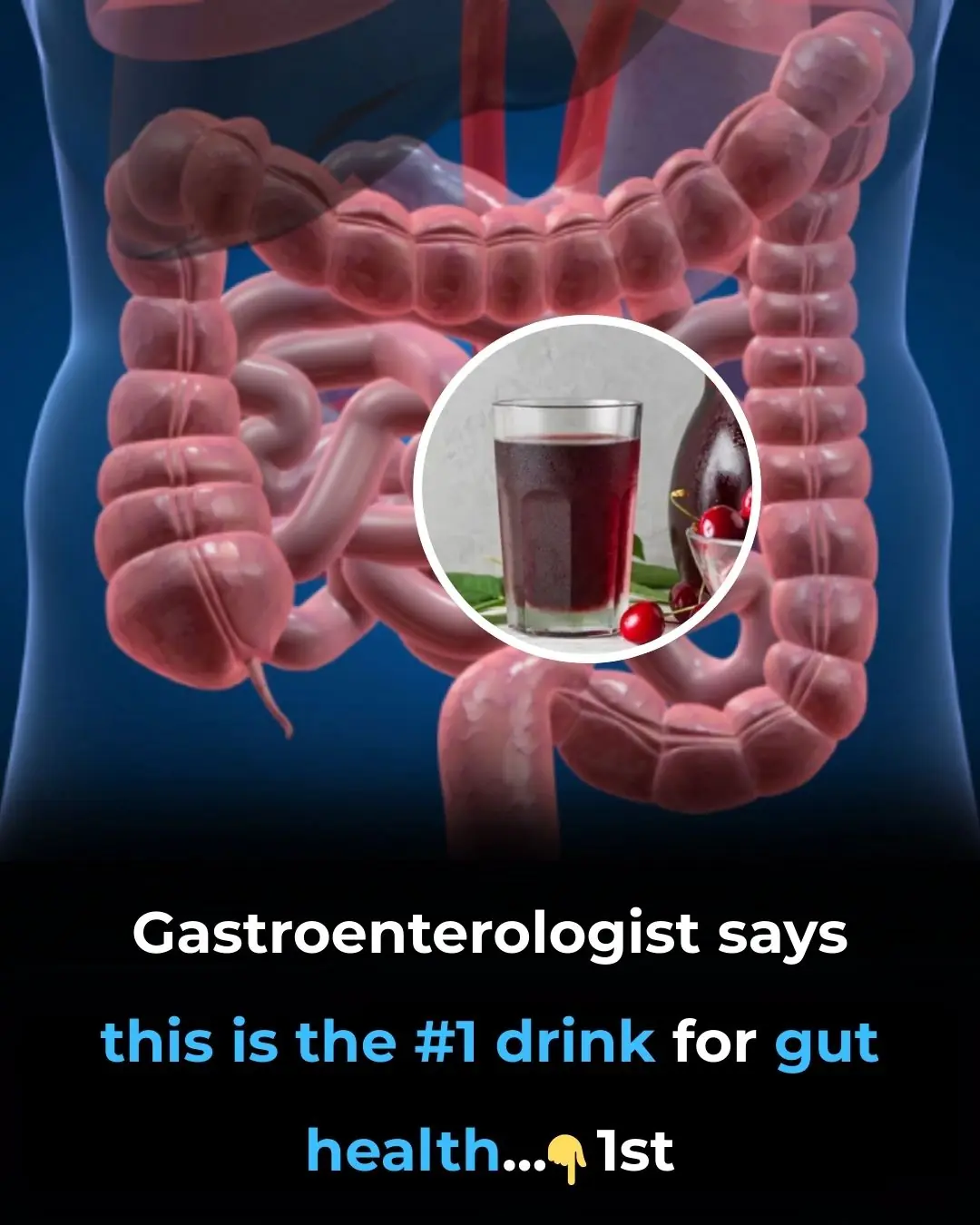
Gastroenterologist says this is the #1 drink for gut health
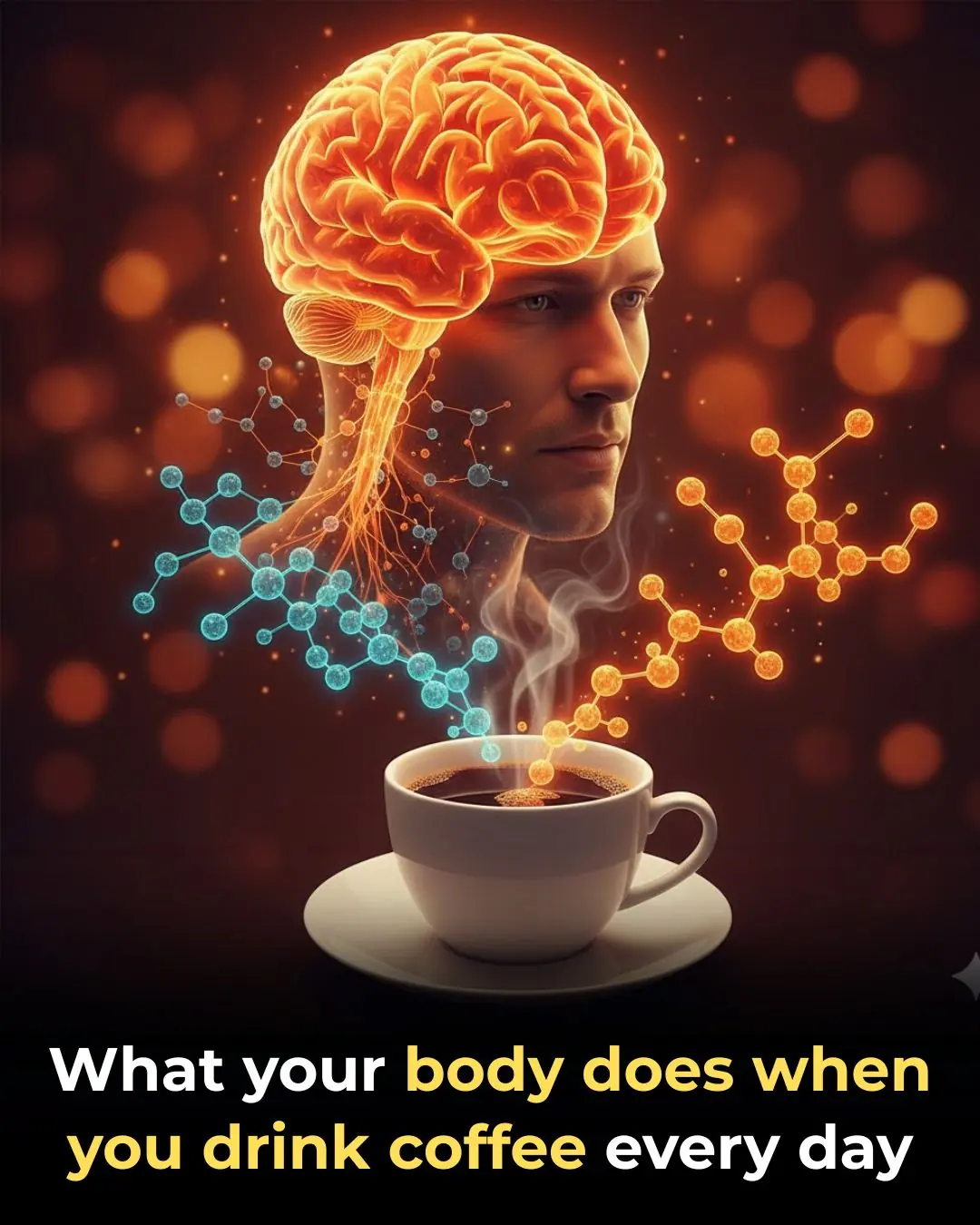
What your body does when you drink coffee every day

The 5 best supplements to soothe nerve pain and tingling
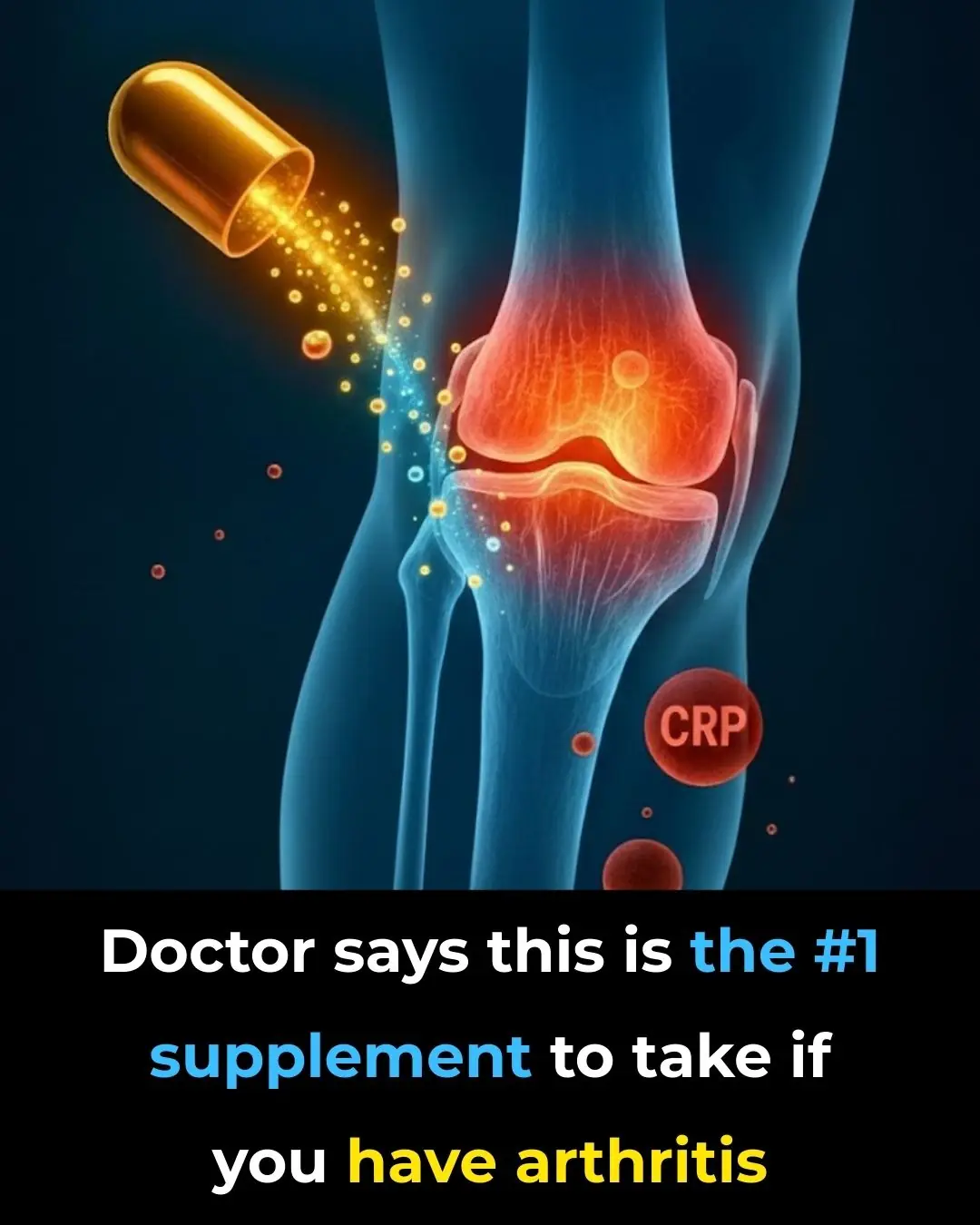
Doctor says this is the #1 supplement to take if you have arthritis

Stop blood sugar spikes—enjoy carbs without the crash!
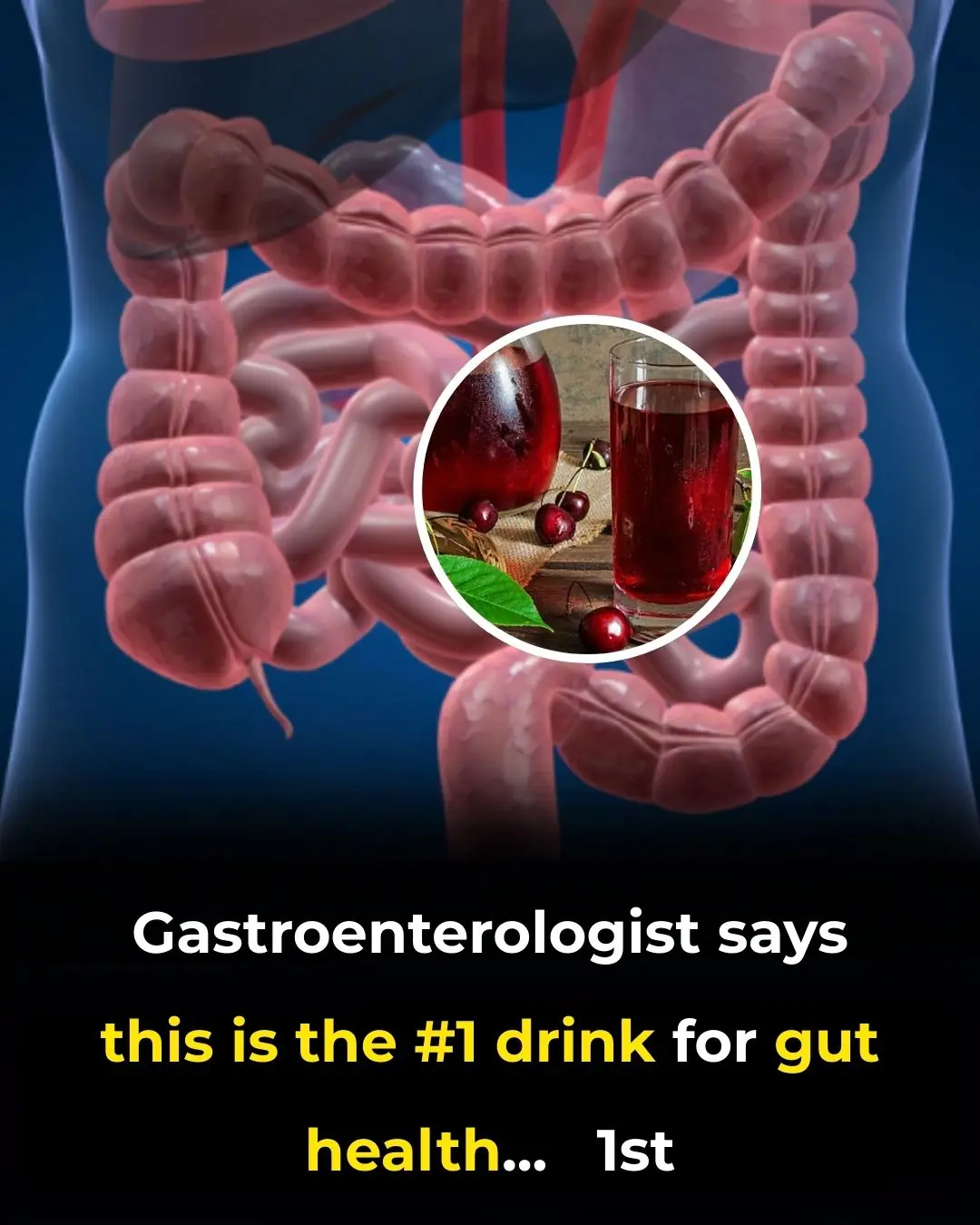
Gastroenterologist says this is the #1 drink for gut health

6 Types of Warts (Signs, Symptoms, Home Remedies, and Treatment)
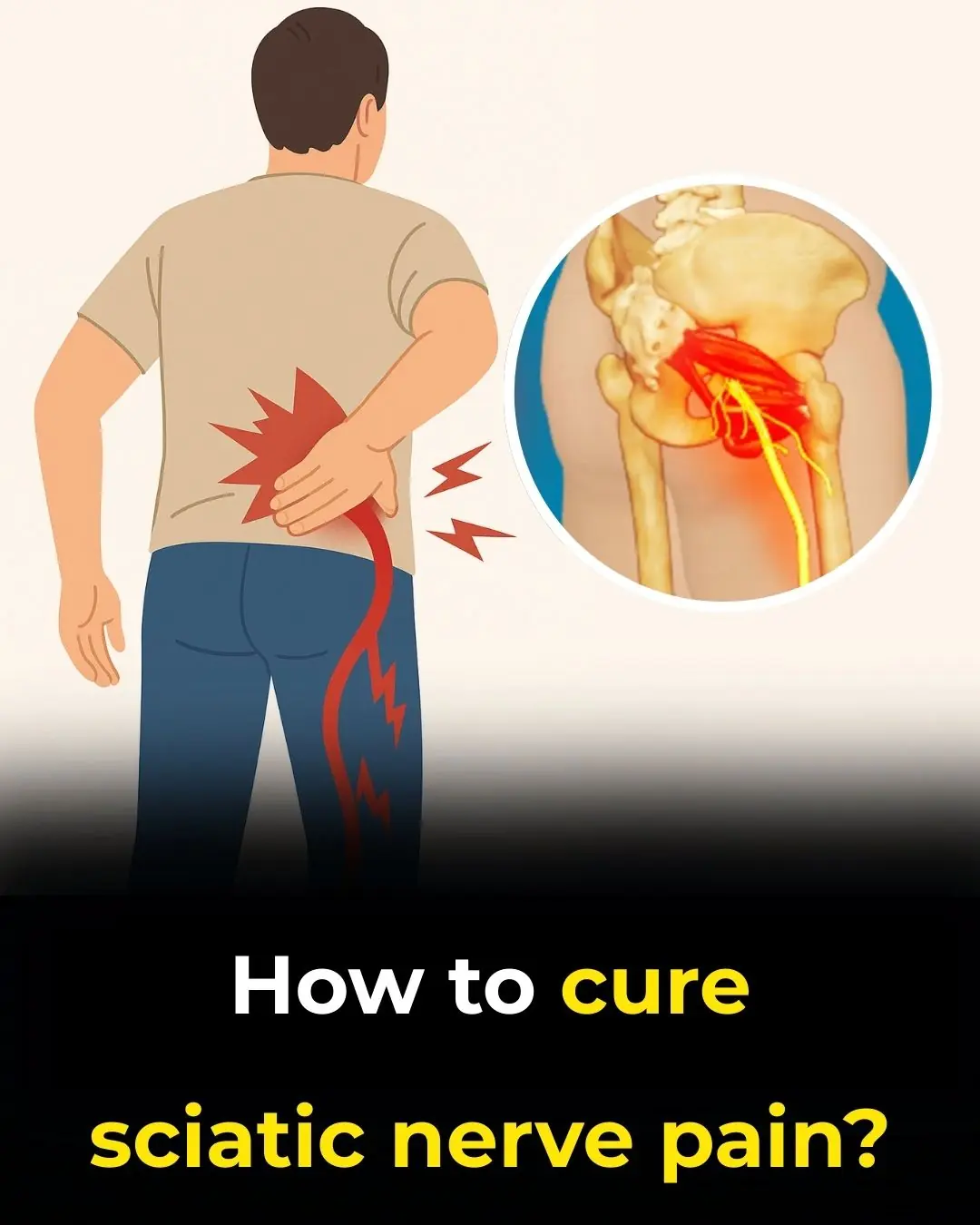
Gentle Stretches to Relieve Sciatica Pain
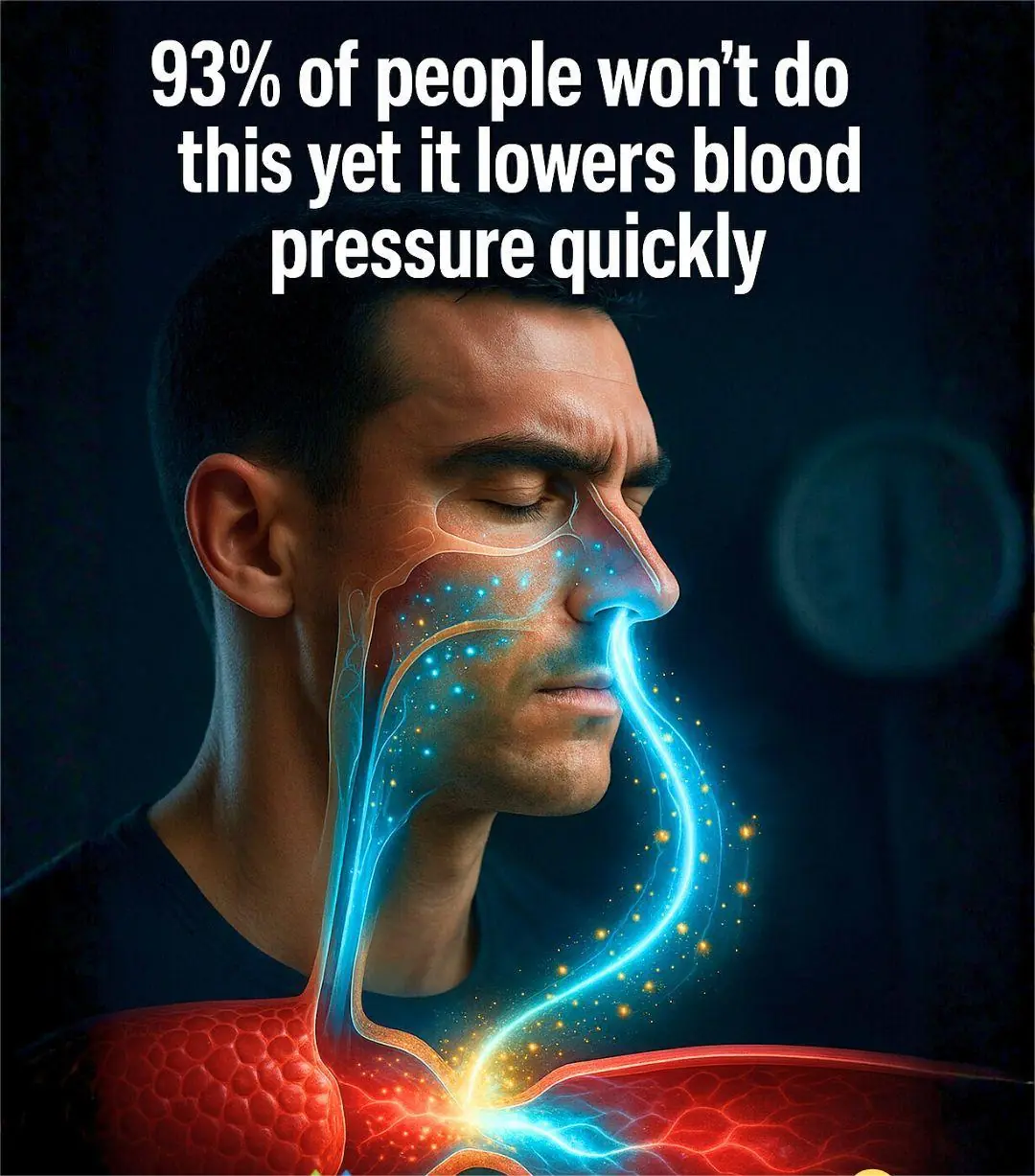
93% of people won’t do this yet it lowers blood pressure quickly

What Happens to Your Body When You Eat Canned Tuna Every Day
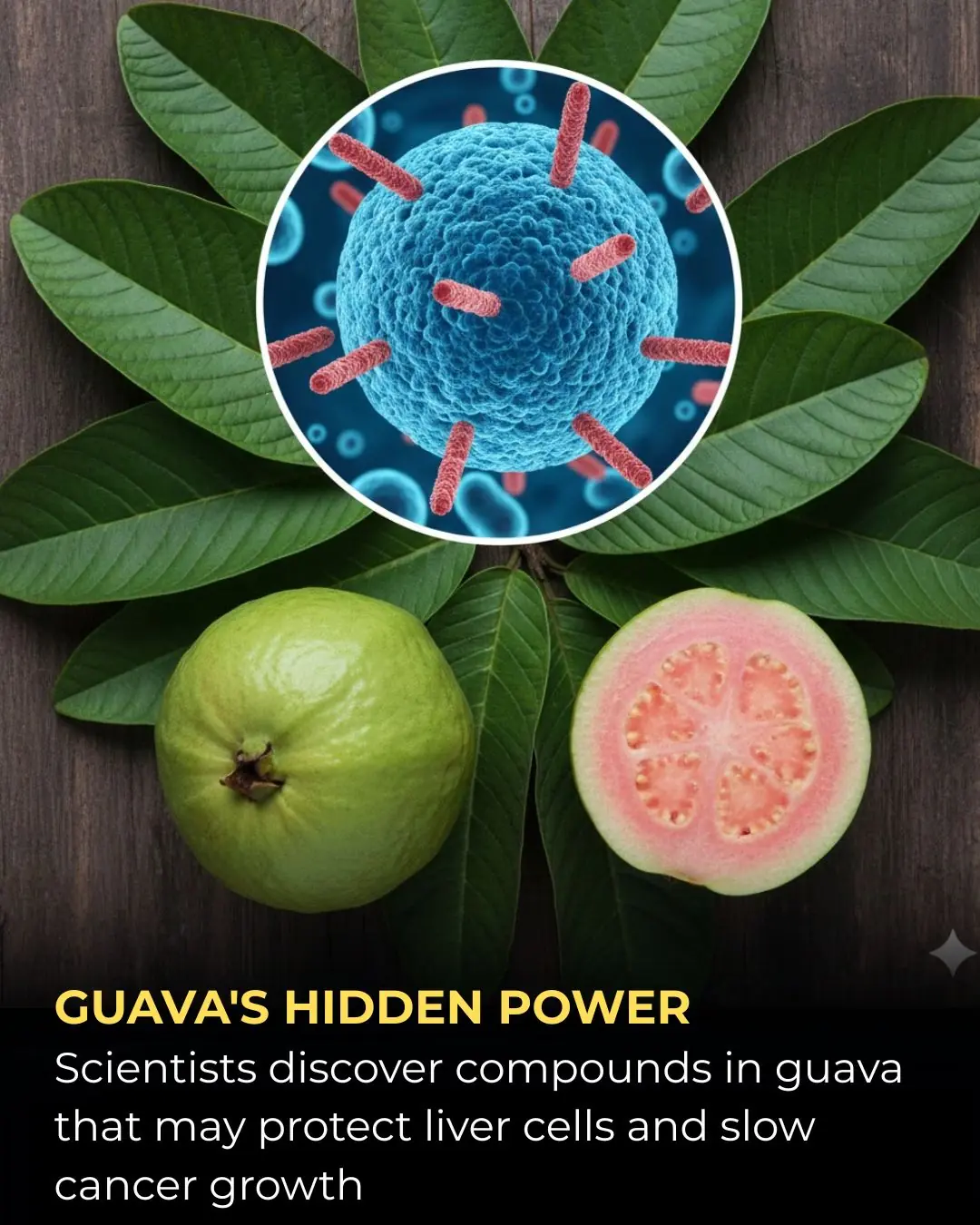
This Tropical Fruit Could Help Protect Your Liver and Fight Cancer
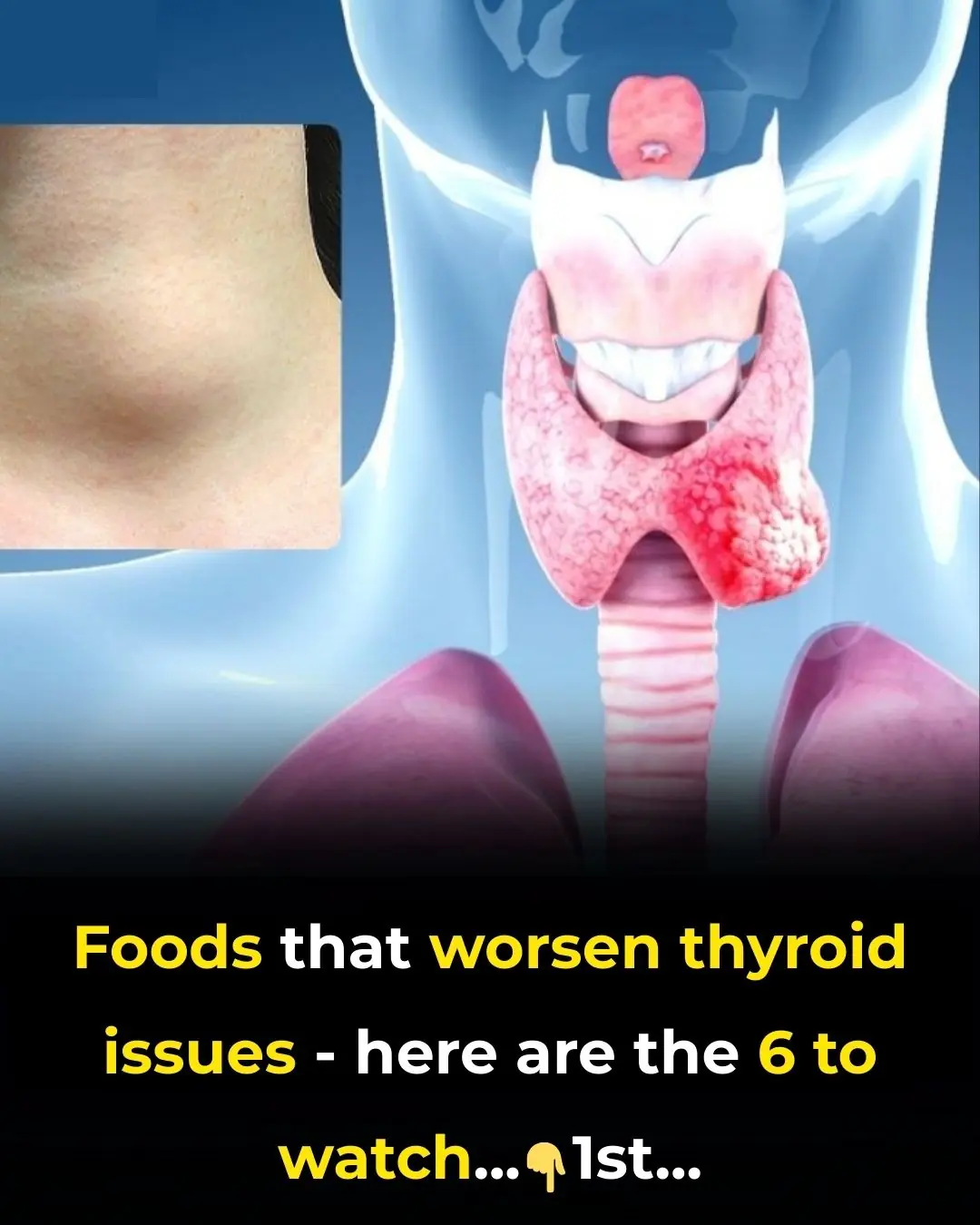
6 Foods You Absolutely Need To Avoid If You Suffer From a Thyroid Disorder

Top 5 drinks to INSTANTLY improve leg circulation and blood flow

This is why you have leg cramps at night and how to fix this problem

Is Your Blood Too Thick? How Poor Circulation Can Affect Your Entire Body
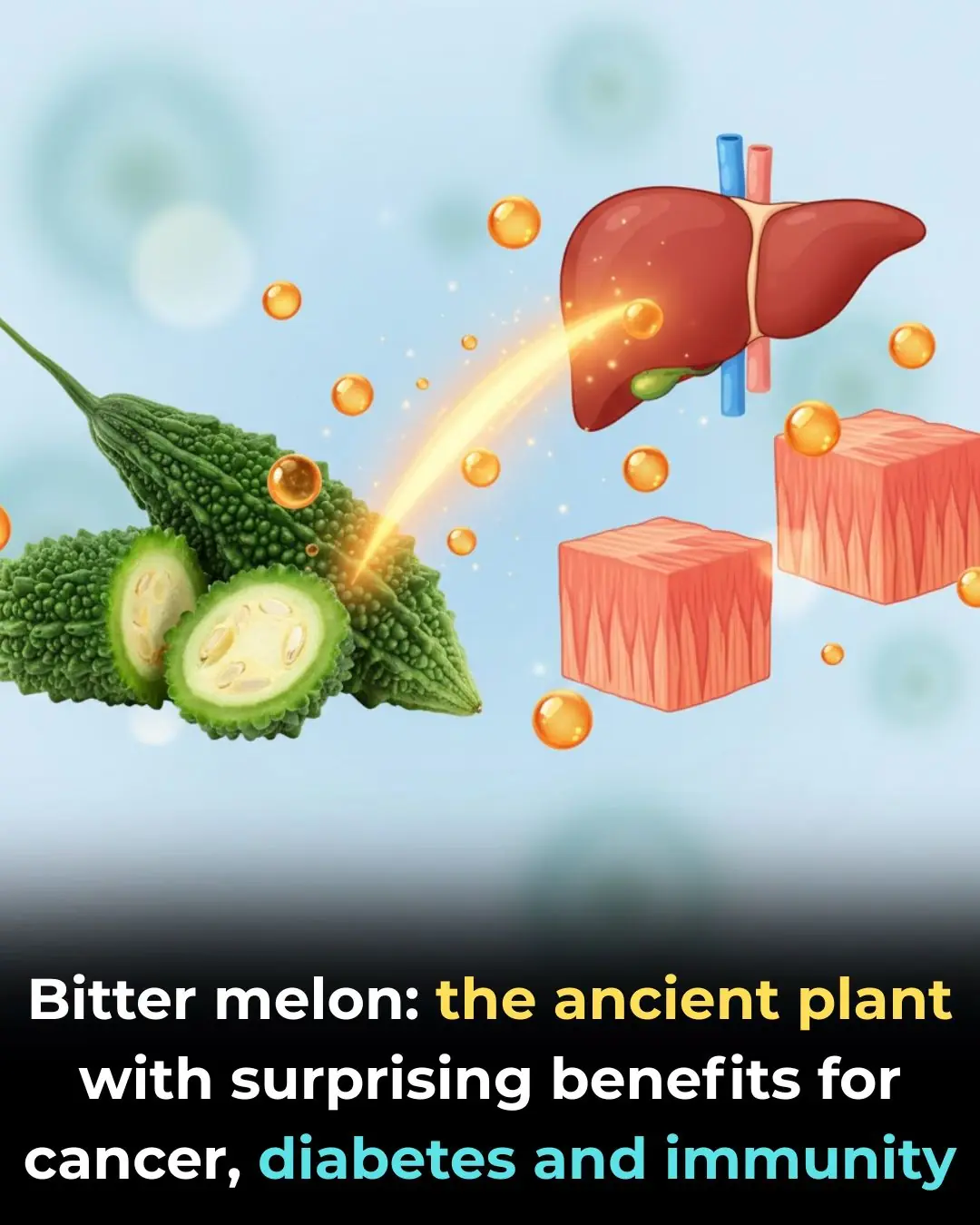
The Plant That Kills Cancer Cells, Stops Diabetes And Boosts Your Immune System!
News Post

The First Dive: How Hundreds of Emperor Penguin Chicks Took a Daring 50-Foot Plunge

What Happens to Your Body During a 24-Hour Fast?

China Achieves Quantum Teleportation Breakthrough That Could Redefine the Future of Communication

A Comedy Gone Too Far: Five Parrots Split Up After Cursing and Laughing at Guests

Autcraft: How a Father Built a Safe Digital World for Autistic Children

South Korea’s Top Universities Redefine Excellence by Rejecting Students With Bullying Records

Placing a Dish of Salted Lemons by Your Bed: 5 Powerful Benefits Few People Know About
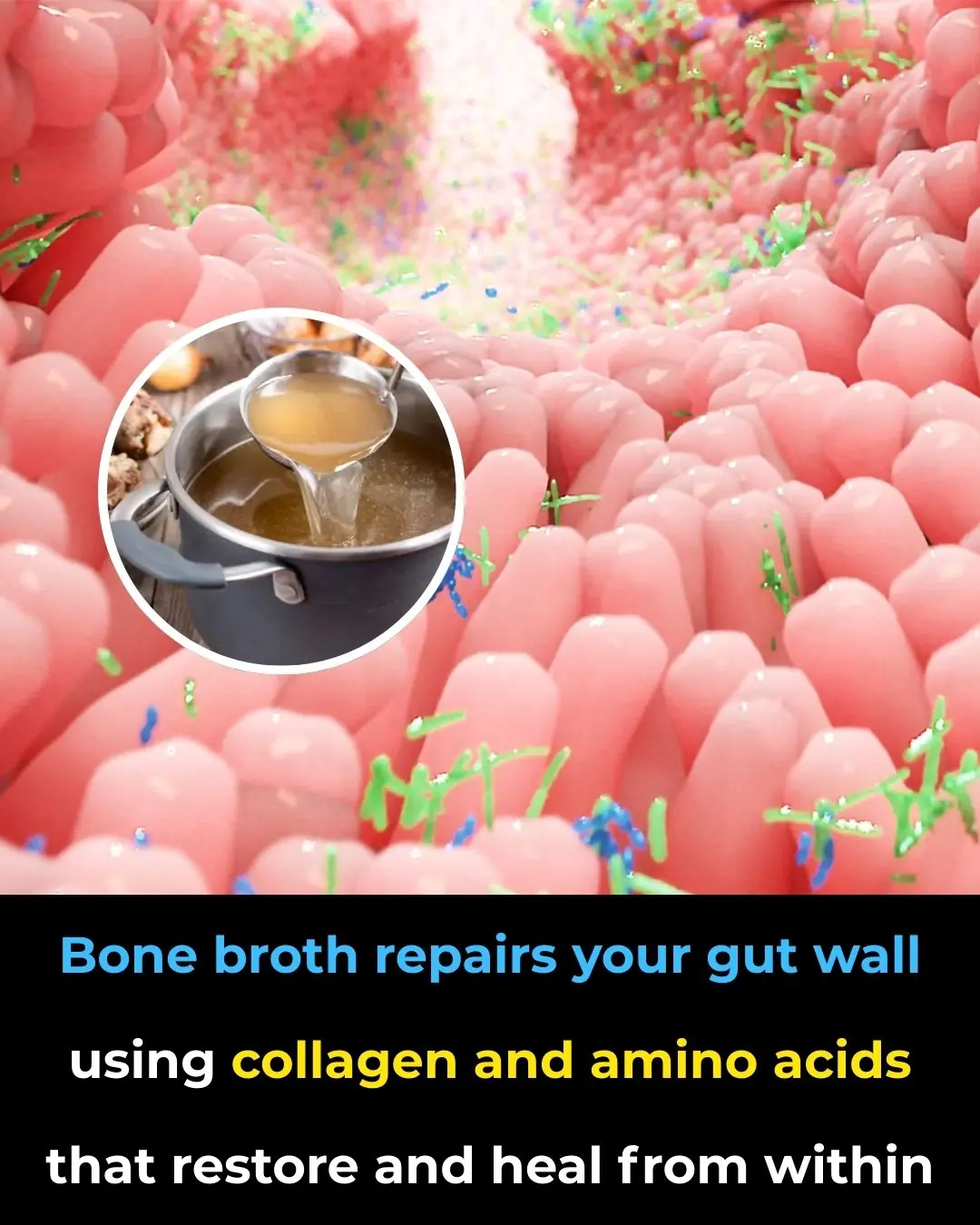
The Healing Power of Bone Broth: From Gut Health to Whole-Body Wellness

Experts Issue Terrifying Warning That Part Of The Earth Is Tearing Apart In A ‘Train Wreck’ Event

Karma’s Gift: How Juliette Lamour Became a $48 Million Winner

Stop blood sugar spikes—enjoy carbs without the crash!

Add a few drops of essential oil to the cleaning water.

The most powerful anti-cancer food you’ve probably never tried
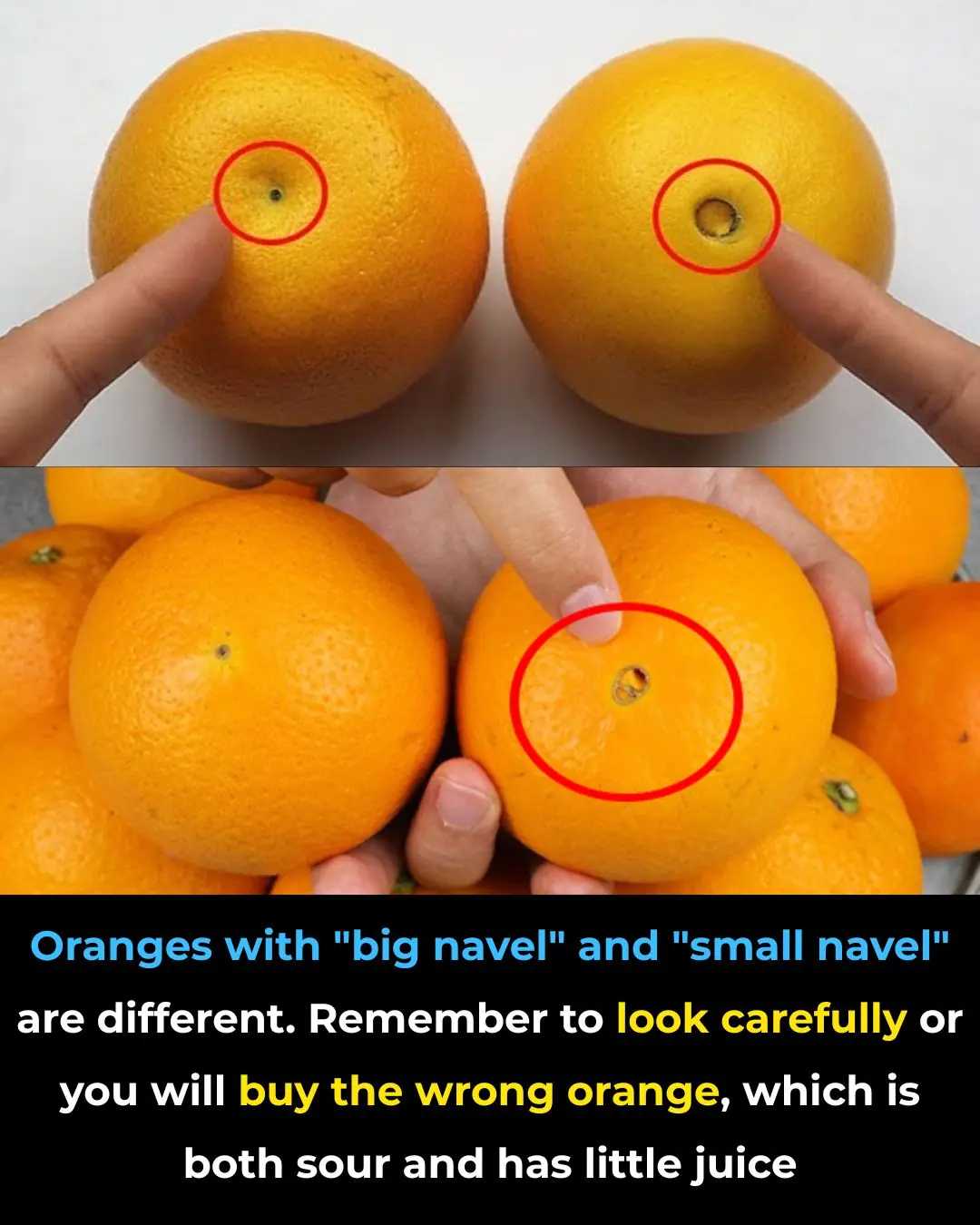
Large Navel Oranges vs Small Navel Oranges

🩺 Be Aware: If You Notice This Skin Change, It Could Be Skin Cancer — Here’s What to Look For

Gastroenterologist says this is the #1 drink for gut health

What your body does when you drink coffee every day

The 5 best supplements to soothe nerve pain and tingling

Doctor says this is the #1 supplement to take if you have arthritis
